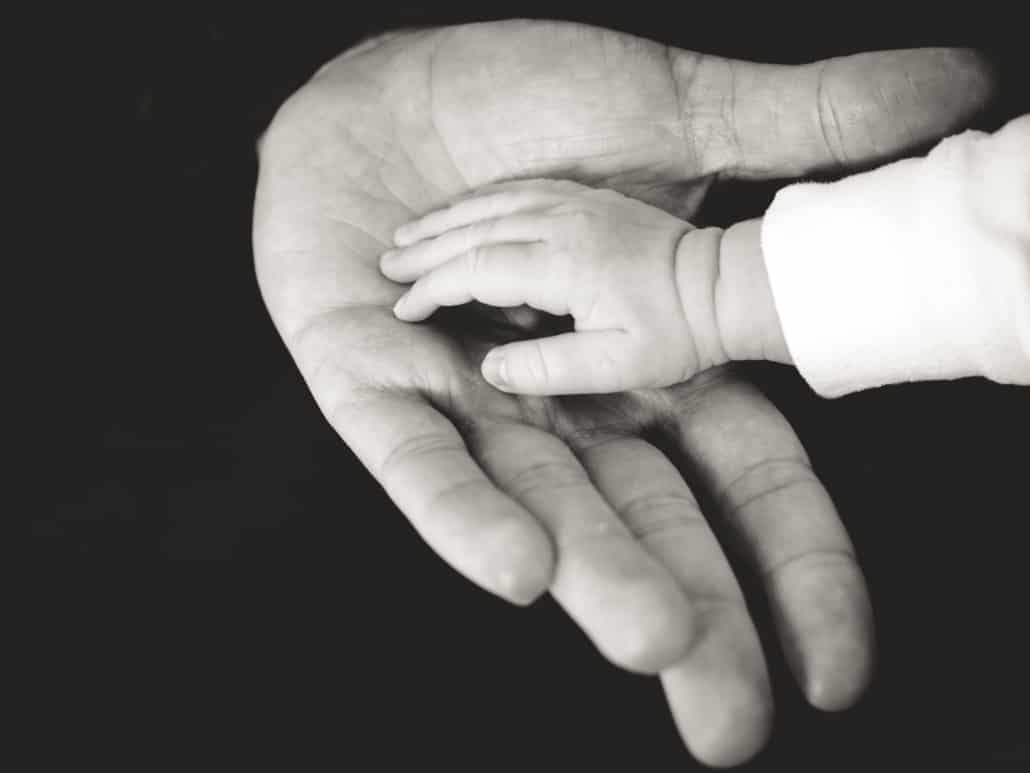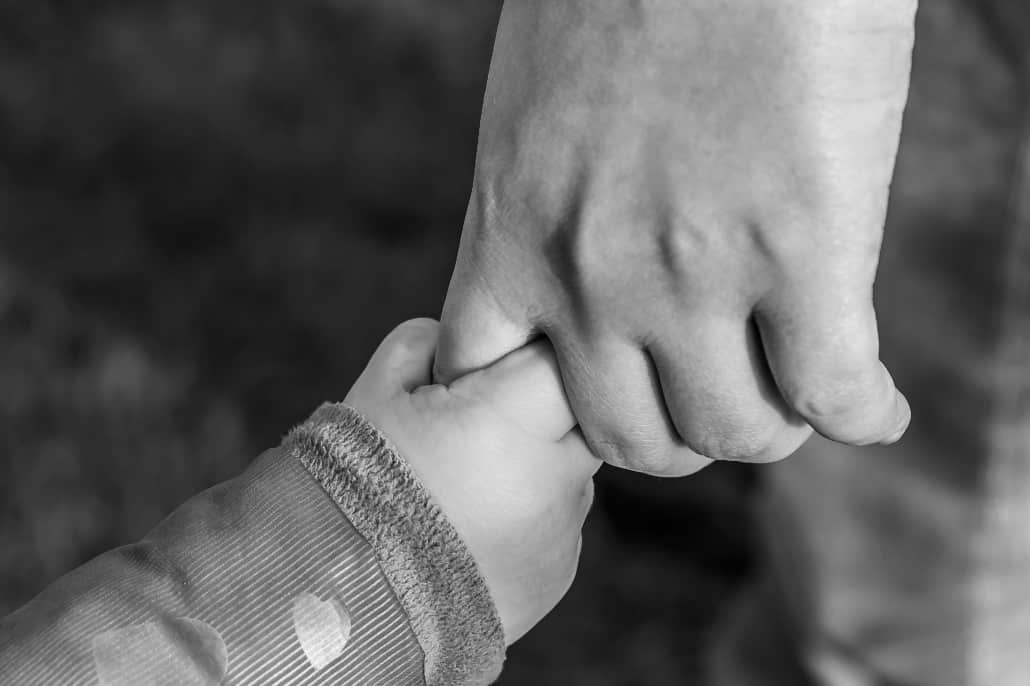Parents With Shared Custody Devoting More Time To Childcare During Pandemic
The Coronavirus pandemic has upended all of our lives and made choices that were once simple, complicated. With the closing of the public school system in California, parents are facing the challenges of educating and caring for their children at home. While this shift of responsibilities has affected all parents, it makes shared custody arrangements all the more complex.
Many Parents Are Left Without Childcare
Due to the pandemic, parents with joint custody are now dedicating more time than ever towards caring for their children. For parents both working from home and still commuting to their work, there are new nuances that take time to get adjusted to. Many parents with shared custody are realizing that their custodial arrangements may need to be adjusted to accommodate changes in lifestyle related to childcare, education, or even their working situation.
While the stresses of distance learning and social distancing are apparent to children, many people are overlooking the effect that stress has had on parents. Parents with shared custody are facing even more complex decisions regarding childcare. While parents working from home may be able to supervise their children, parents who are still commuting to work are faced with few options. To make matters worse, even a simple task like hiring a babysitter is complicated due to social distance protocols, fear of exposure, and the financial burden it places on parents.
Parents With Shared Custody May Need to Adjust Their Agreements
What used to be routine agreements, such as adhering to pick up and drop off schedules, is now complicated by new childcare arrangements and social distancing protocols. Additionally, many parents are finding themselves unable to be as attentive with their children’s education as they wish or are making sacrifices with their careers. The pandemic has left many parents, especially those with shared custody, wondering how to provide the best support for their children during these stressful times.
With child custody arrangements, impactful life events may require adjusting these agreements on a case to case basis. While it may seem daunting to make changes to a child custody arrangement, it may be necessary in order to create the best living environment for your children and lessen the stress of the pandemic.
Although making changes to a shared custody arrangement may seem more stressful for children, it might make their living situations more healthful in the long run. Whether it is to allow for better supervision, more assistance with schoolwork, accommodate job changes, or even social distancing, modifying your shared custody arrangement to accommodate the pandemic might be in your children’s best interest.
How to Alter Your Shared Custody Agreement
If you are interested in modifying your shared custody agreement, then it is best to contact a family law modification attorney in order to best understand your options. While it is easy to become persuaded by family or friends, legal attorneys can provide you with straightforward advice regarding your custodial arrangement.LPEP is a family law firm in the Bay Area that specializes in complex family law litigation and modification. If you are living in the Bay Area, please don’t hesitate to contact our offices for a free 30-minutes consultation on how we can help you adapt to the stresses caused by Covid-19.




